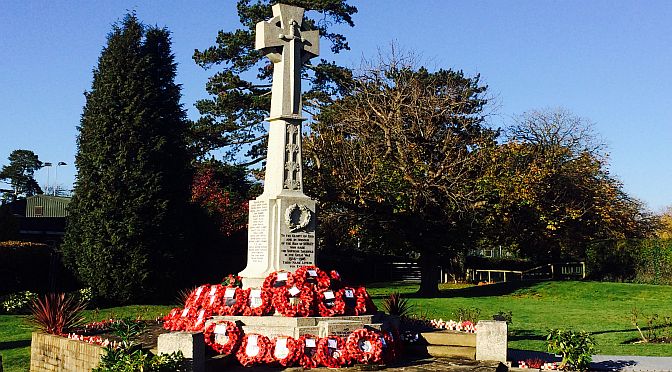The Unknown Warrior is buried in Westminster Abbey as a memorial to the dead of World War One, particularly those who have no known grave.
‘The Unknown Warrior’. Bugle played by David Yates. Narrated by Neil Munday
In 1920, as part of ceremonies in Britain to commemorate the dead of World War One, there was a proposal that the body of an unknown soldier, sailor or airman lying in an unmarked grave abroad be returned to England for burial in Westminster Abbey. This was to symbolise all those who had died for their country, but whose place of death was not known, or whose body remained unidentified.
It is thought that the idea came from the reverend David Railton, who had served as a chaplain on the Western Front. There are a number of versions of how the selection of the Unknown Warrior was made, but it is generally agreed that between four and six bodies were exhumed from each of the main British battle areas on the Western Front on the night of 7 November 1920, and brought to the chapel at St Pol, in northern France. Each was covered with a Union Jack. The commander of British troops in France and Flanders, Brigadier General LJ Wyatt, picked one. This was placed in a coffin which was taken to Boulogne, where it was transported to Dover on HMS Verdun. The other bodies were reburied.
On the morning of 11 November 1920 – the second anniversary of the armistice that ended World War One – the body of the Unknown Warrior was drawn in a procession to the Cenotaph. This new war memorial on Whitehall, designed by Edwin Lutyens, was then unveiled by George V. At 11 o’clock there was a two-minute silence, and the body was then taken to Westminster Abbey where it was buried at the west end of the nave. To the surprise of the organisers, in the week after the burial an estimated 1,250,000 people visited the abbey, and the site is now one of the most visited war graves in the world. The text inscribed on the tomb is taken from the bible (2 Chronicles 24:16): ‘They buried him among the kings, because he had done good toward God and toward his house’.
Article reproduced by courtesy of the BBC

